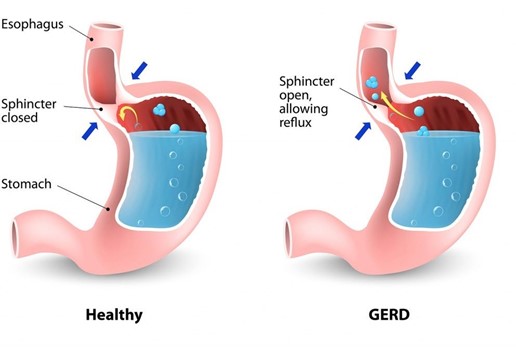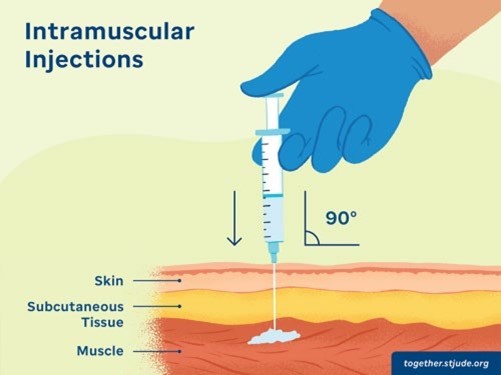Which snack selected by a school-aged child with gastroesophageal reflux indicates to the nurse that the child understands the dietary restrictions?
Sugar cookies.
Pizza.
Tacos.
Chocolate milkshake.
The Correct Answer is A
The child with gastroesophageal reflux should avoid acidic and spicy foods, as well as high-fat and high- sugar foods. Sugar cookies are a low-fat and low-sugar snack, which indicates that the child understands the dietary restrictions. Choices B, C, and D are high in fat, sugar, or acid and may exacerbate gastroesophageal reflux symptoms.

Nursing Test Bank
Naxlex Comprehensive Predictor Exams
Related Questions
Correct Answer is B
Explanation
Albuterol is a beta-adrenergic agonist agent that is used to open the airways in people with bronchial asthma. The mother's use of this medication to open her son's airway when he is having trouble breathing is appropriate. Overuse of the drug may cause side effects, but it does not cause chronic bronchitis (A)
Albuterol helps to relax the muscles in the airways, but it does not reduce airway inflammation (C)There is no indication that the child needs immediate evaluation (D)

Correct Answer is C
Explanation
Administer the injection into the middle of the lateral aspect of the thigh is the correct choice. This is the recommended site for intramuscular injection in toddlers who have been walking for at least one month, as it is a large muscle with minimal nerves and blood vessels. Choices A, B, and D are not appropriate techniques for administering an intramuscular injection to a toddler with pneumonia.

Whether you are a student looking to ace your exams or a practicing nurse seeking to enhance your expertise , our nursing education contents will empower you with the confidence and competence to make a difference in the lives of patients and become a respected leader in the healthcare field.
Visit Naxlex, invest in your future and unlock endless possibilities with our unparalleled nursing education contents today
Report Wrong Answer on the Current Question
Do you disagree with the answer? If yes, what is your expected answer? Explain.
Kindly be descriptive with the issue you are facing.
